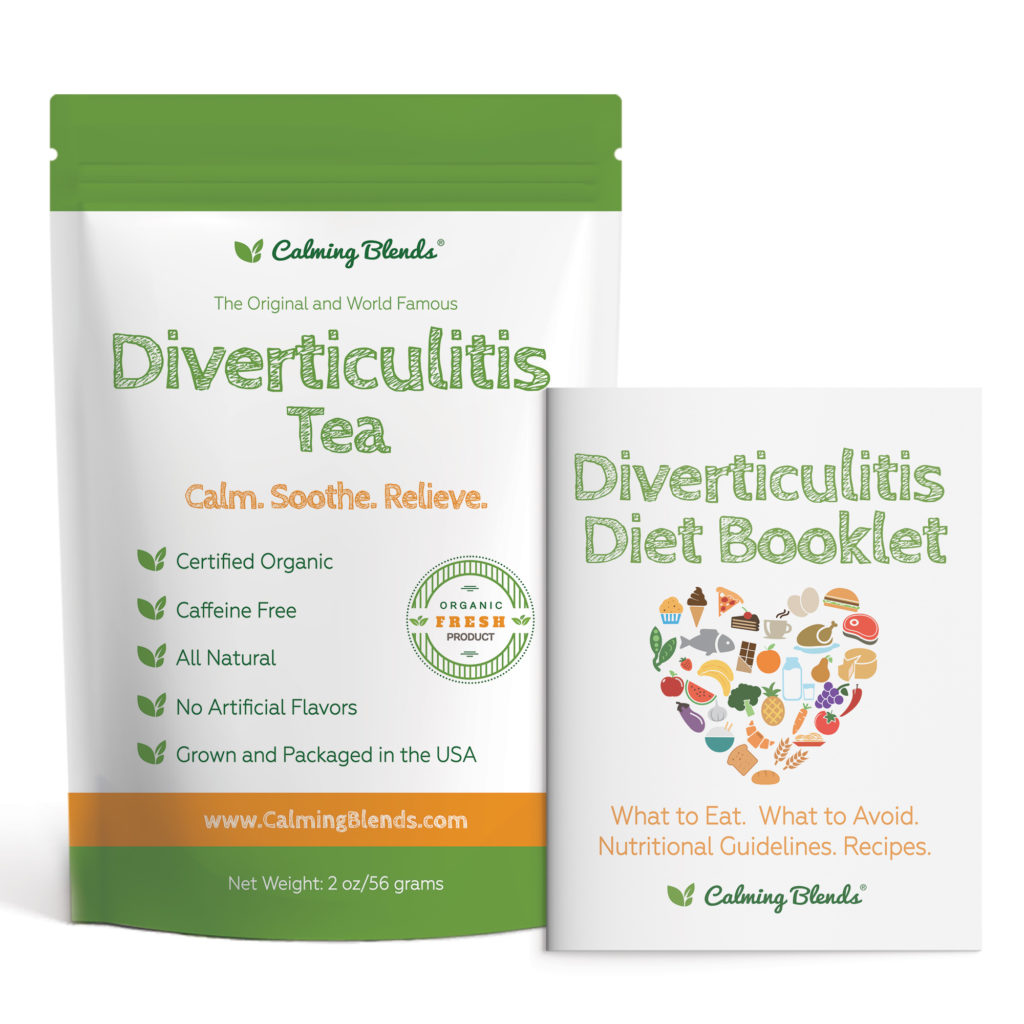Diverticulitis is a prevalent gastrointestinal condition that can cause discomfort and pain in the lower abdomen. Alongside medical treatment, many individuals seek complementary therapies to soothe Diverticulitis, alleviate symptoms and promote overall digestive health. In 2024, one promising option is the Diverticulitis Tea by Calming Blends, a blend of natural ingredients including Chamomile Flowers, Peppermint Leaves, Marshmallow Leaves, and Wild Yam Root. This blog explores the potential benefits of this loose leaf tea in managing diverticulitis.
Understanding Diverticulitis
Before delving into the potential benefits of Loose Leaf Diverticulitis Tea, it’s essential to understand diverticulitis. This condition occurs when small pouches or sacs called diverticula form in the colon’s lining, leading to inflammation or infection. Symptoms can include abdominal pain, bloating, constipation, diarrhea, and fever. Managing diverticulitis often involves dietary modifications, medication, and lifestyle changes.
The Power of Herbal Ingredients
Calming Blends’ Diverticulitis Tea combines the therapeutic properties of several well-known herbs, each with potential benefits for managing diverticulitis:
- Chamomile Flowers: Chamomile has a long history of use for digestive discomfort. Its anti-inflammatory properties may help reduce inflammation associated with diverticulitis, along with its potential to soothe abdominal pain and discomfort (1).
- Peppermint Leaves: Peppermint is known for its ability to relax gastrointestinal muscles, providing relief from cramps, bloating, and gas. It can also have a soothing effect on the digestive system, reducing discomfort (2).
- Marshmallow Leaves: Marshmallow leaves contain mucilage, a gel-like substance that can coat and protect the digestive tract lining. This may help alleviate irritation and discomfort associated with diverticulitis (3).
- Wild Yam Root: Wild Yam is traditionally used for its anti-inflammatory properties. It may help reduce colon inflammation and alleviate diverticulitis symptoms (4).
Scientific Evidence
While scientific research on the specific effects of Loose Leaf Diverticulitis Tea is limited, individual herbal components have shown promise in addressing diverticulitis symptoms. Clinical studies and reviews have highlighted their potential:
- Chamomile: A review published in Molecular Medicine Reports suggests that chamomile’s anti-inflammatory properties can benefit gastrointestinal conditions (1).
- Peppermint: A study in the Journal of Clinical Gastroenterology demonstrated that peppermint oil can effectively relieve irritable bowel syndrome (IBS) symptoms, including abdominal pain and discomfort (2).
- Marshmallow: Marshmallow root and leaves have been studied for their mucilaginous properties and potential role in protecting the gastrointestinal lining (3).
- Wild Yam Root: While more research is needed, wild yam has shown anti-inflammatory properties in some studies, which may be relevant for managing diverticulitis (4).
How to Brew and Use the Diverticulitis Tea
To incorporate Loose Leaf Diverticulitis Tea into your daily routine:
- Boil water and add 1-2 teaspoons of the loose leaf tea to a teapot or infuser.
- Pour the boiling water over the tea leaves.
- Allow the tea to steep for 5-7 minutes.
- Strain and enjoy the tea while it’s warm.
- Aim to drink 2-3 cups daily, especially during diverticulitis flare-ups.
Always consult your healthcare provider before adding any new herbal remedy to your regimen, particularly if you have underlying health conditions or are taking medications.
The Diverticulitis Tea by Calming Blends offers a natural and soothing way to support your digestive health, potentially alleviating symptoms associated with diverticulitis. While scientific research on this specific blend is limited, the individual herbal ingredients have shown promise in managing gastrointestinal discomfort. As always, it’s crucial to collaborate with your healthcare provider to create a comprehensive diverticulitis management plan tailored to your needs.
References:
- Srivastava, J. K., & Gupta, S. (2010). Chamomile: A herbal medicine of the past with a bright future. Molecular Medicine Reports, 3(6), 895–901.
- Cappello, G., Spezzaferro, M., Grossi, L., Manzoli, L., & Marzio, L. (2007). Peppermint oil (Mintoil®) in the treatment of irritable bowel syndrome: A prospective double-blind placebo-controlled randomized trial. Journal of Clinical Gastroenterology, 41(6), 560–566.
- Blumenthal, M., Goldberg, A., & Brinckmann, J. (2000). Herbal Medicine: Expanded Commission E Monographs. American Botanical Council.
- Chang, W. T., & Choi, Y. H. (2017). A review on the medicinal potentials of ginseng and ginsenosides on cardiovascular diseases. Journal of Ginseng Research, 41(1), 4–16.

